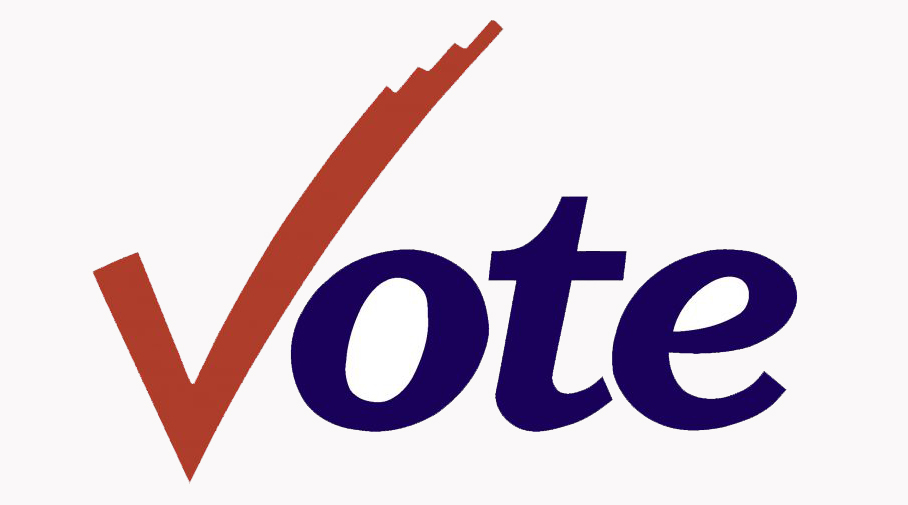Claiborne County voters reject wheel tax
Published 4:18 pm Monday, March 11, 2024
|
Getting your Trinity Audio player ready...
|
When voters headed to the polls in Claiborne County, they were asked to consider whether the county should levy a tax increase for drivers. Last Tuesday’s election showed that most of the county voted against the wheel tax, as 86% of voters did so, and only 14% voted for it.
The proposal would have added $71 to people’s taxes when registering a car. After the increase, they must pay $150, including a $29.50 fee for vehicle tagging.
According to Commissioner Whitt Shuford, the debate over the proposal started with a possible $0.30 property tax hike. “I got a lot of feedback from people in the county because they didn’t feel that that was a fair tax.”
“It was only hitting people who owned property within the county,” he said.
According to County Mayor Joe Brooks, the certified tax rate is the amount the county charges on a property based on the values found in the county’s appraisals. Brooks said the increase of $.30 would have cost the county approximately $2 million.
The plan is to raise the wheel tax by $71, followed by a decrease in the certified tax rate, currently $2.30, to $2.
“There’s no guarantee that lowering it to $2 will stay at $2 because, like any county, we have expenses, and inflation is a huge factor. Our jail food, our gas for our school buses, all those things are going up,” Brooks said.
He also said the county could see a property tax increase of $0.10 in this year’s budget.
Shuford said he believes the increase in the wheel tax will make spending more equitable for county residents.
“Your property tax rate will drop back to $2, as it was in the budget for 2023, and your wheel tax rate will go up,” he said. “Let’s say your property taxes increase by $200,” Brooks said. “If you and your wife had two vehicles, your property taxes would increase by $142. If you had three vehicles, your property tax would increase by $200.”
Brooks agreed.
“A property tax is the most equitable tax you can put in front of the people,” Brooks said. “Wheel tax revenues don’t go to the county general fund like property taxes do,” he added. “Wheel tax revenues can only be spent on certain types of expenses.”






